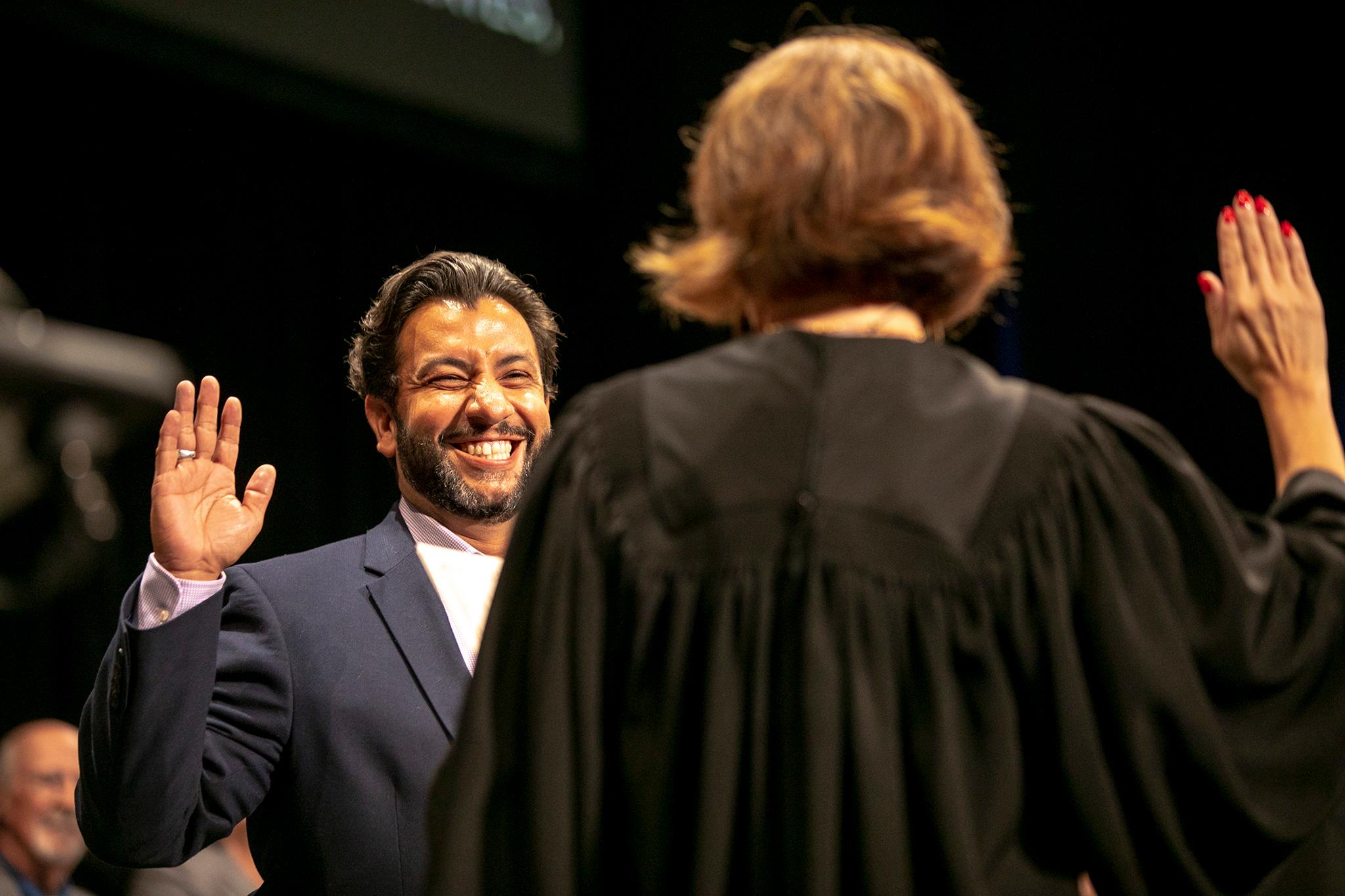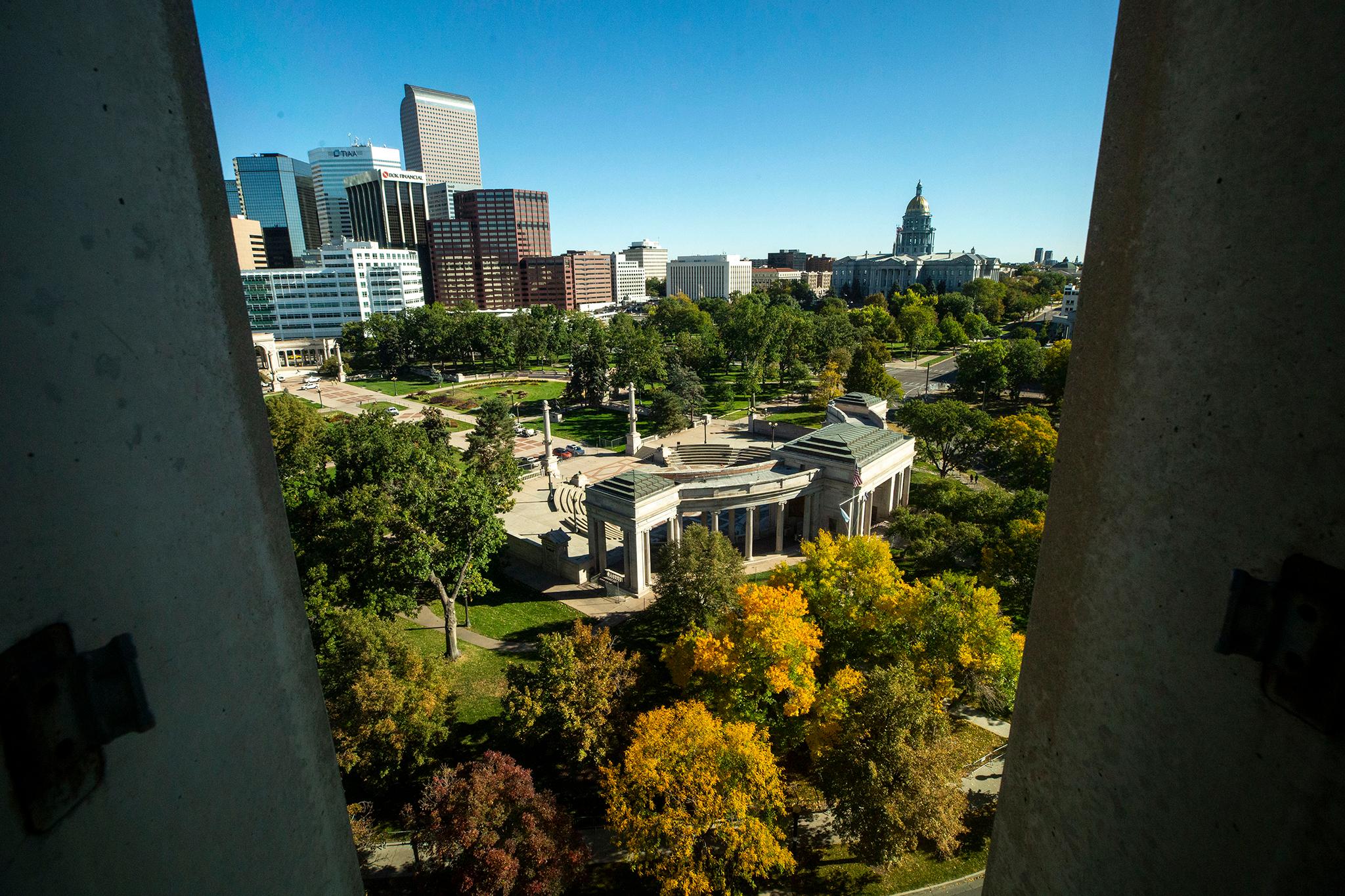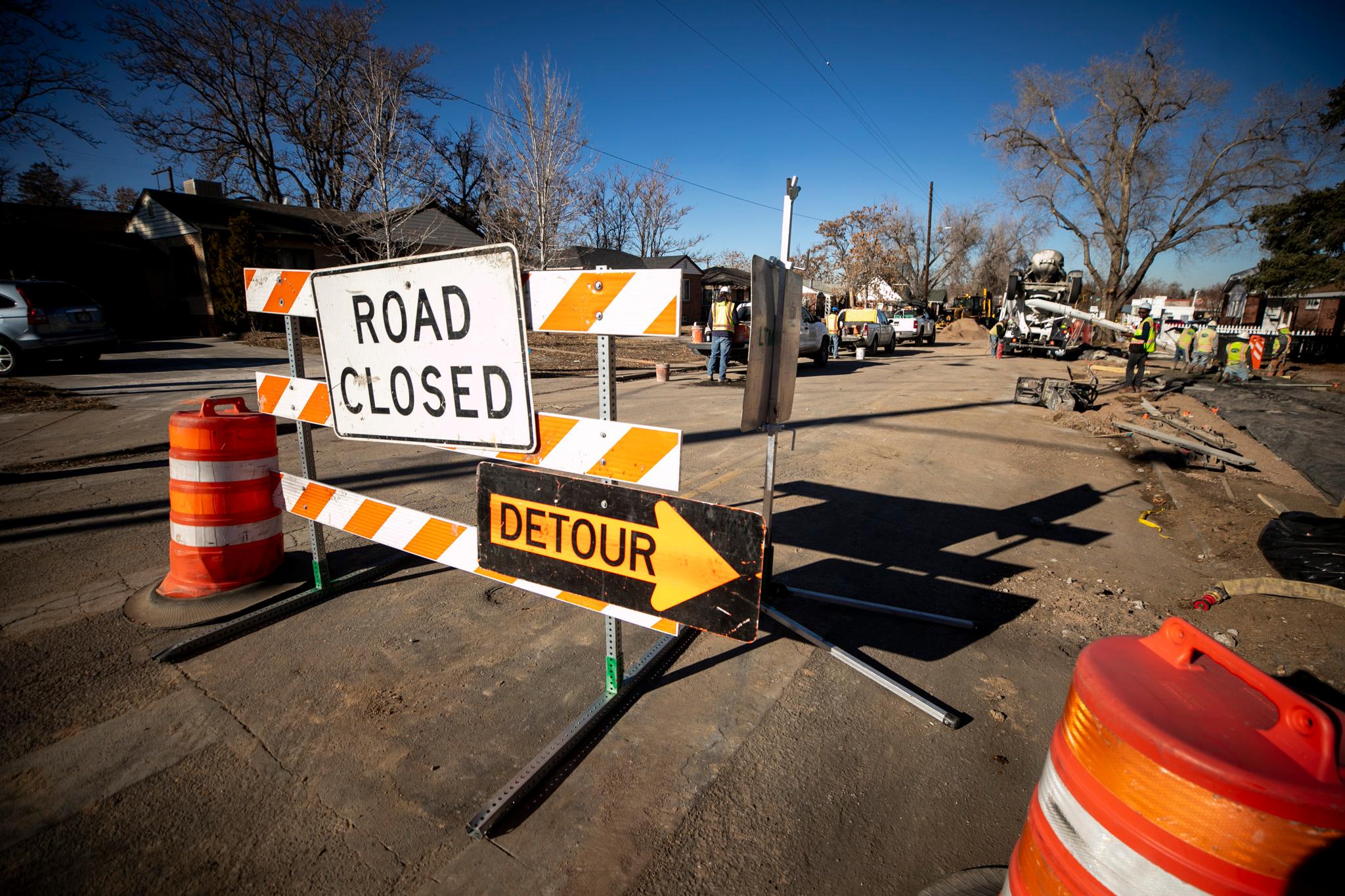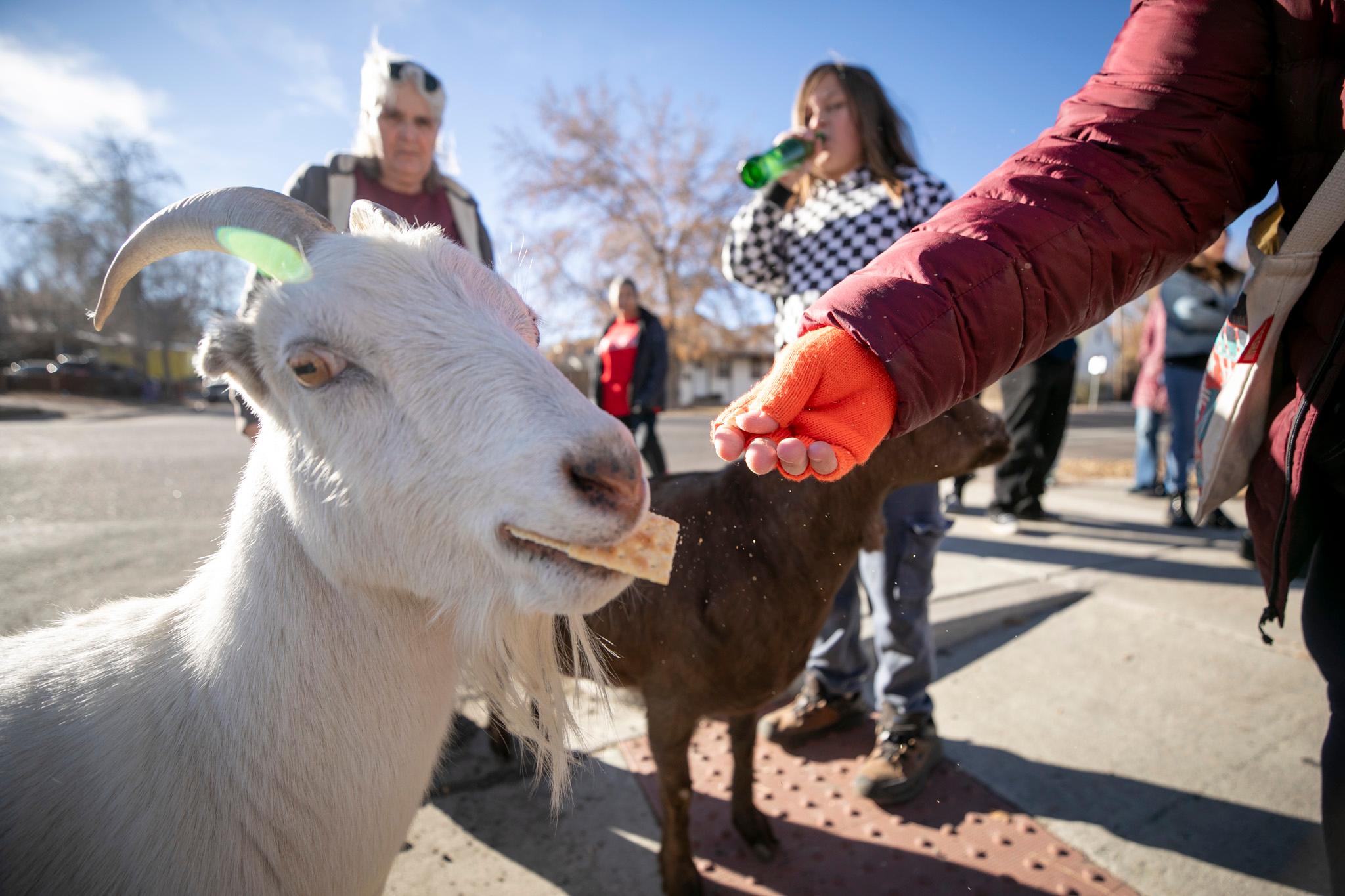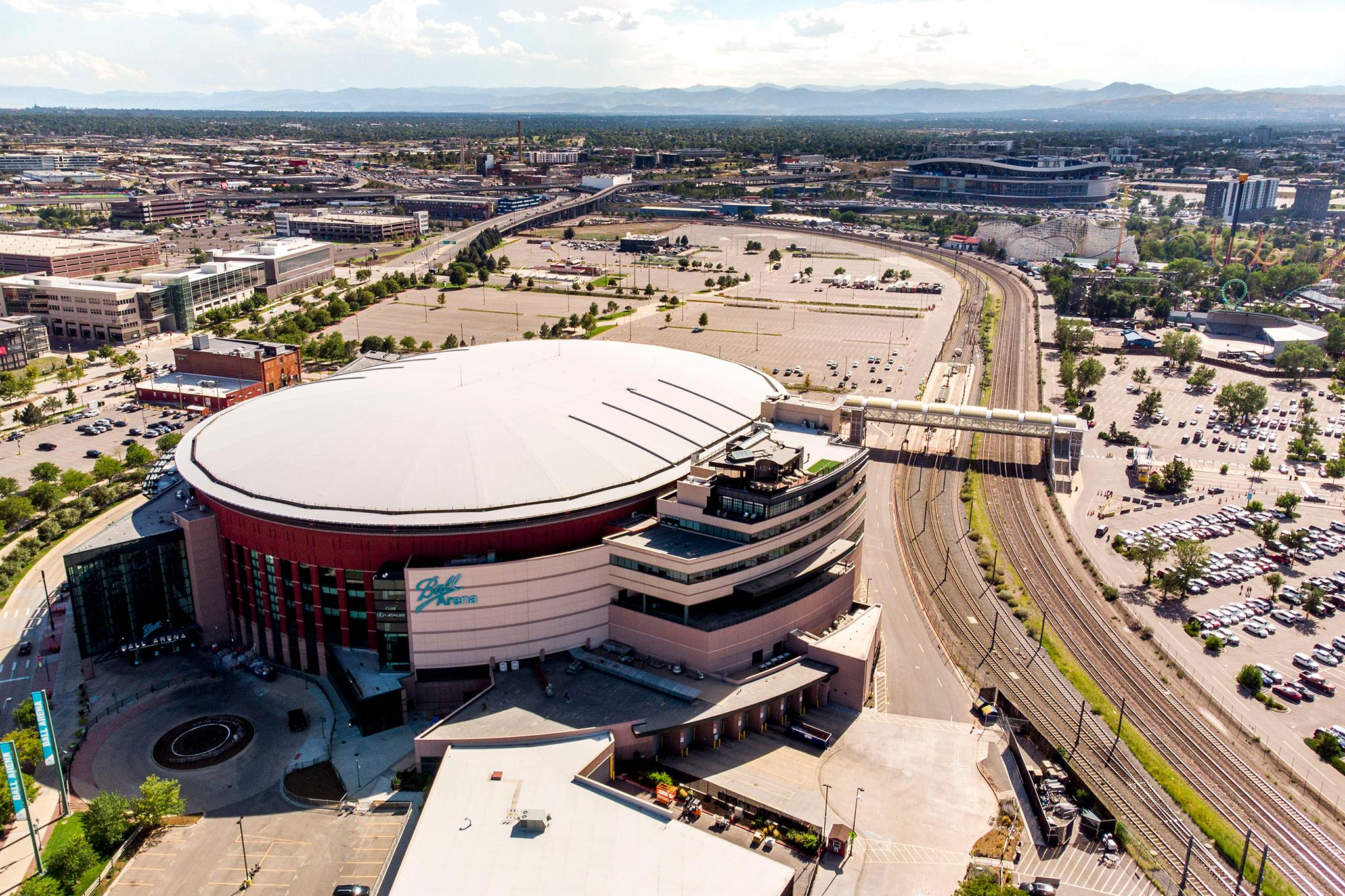Back in 2018, Denver voters approved a new way to campaign for city offices.
The Fair Elections Fund (FEF) was meant to address two issues at once: To decrease the power that outside money could leverage on races and to increase the chance that a scrappy, moneyless candidate could stand a fighting chance.
Candidates who opted into the fund were only allowed to receive small donations from individuals, and none from companies or political action committees. But those small donations got 9-to-1 matches from taxpayer coffers, which meant regular residents could be more powerful in shaping local races than ever before.
This week, Denver Clerk and Recorder Paul López released a post-mortem on the program's first run, during the 2023 elections for mayor and City Council. One big takeaway: people used the cash they got from the program.
Just under 3 percent of matches went unspent.
FEF rules say candidates must return unspent matches once elections are over and the dust has settled. López's report shows that most people who used the fund in 2023 spent nearly every dollar they got from the city's pool.
Of candidates who opted into the fund, 19 out of of 46 across all races, returned zilch to the city, meaning they spent every last dime. Ten more had to give back less than $100.
Nine candidates returned more than $1,000, notably incumbent City Council members Paul Kashmann and Stacie Gilmore, who opted into the fund even though they ran unopposed. Both spent $0 in matches and returned 100 percent of their FEF pools back into the program.
Most everyone else spent at least 95 percent of their matches. For example: Flor Alvidrez, who won the seat for District 7, returned $6,600, or 5 percent of her take. Mike Johnston, who won the mayoral race, returned about $500, or .7 percent of his matches. Shannon Hoffman returned $1.51 of the $142,000 she received to challenge District 10 incumbent Chris Hinds, who ultimately prevailed.
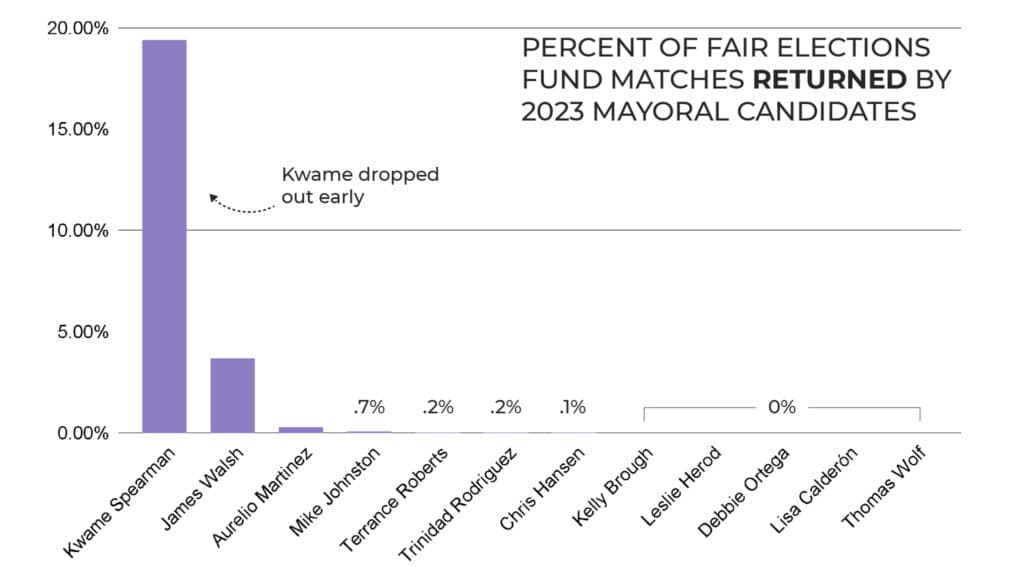
In total, the 45 FEF candidates collected over $7 million in matches and returned just over $200,000. That's 2.8 percent. (Check out the dataset here.)
Two people, mayoral candidate Ean Thomas Tafoya and District 9 candidate Kwon Atlas, are listed as still owing some of that money back. The city said Atlas has paid his money back. Tafoya, they said, has about $600 unaccounted for; he told us that was the result of a lost receipt and that he's working it out with Denver Elections.
That's a lot of money to fund mostly failed campaigns.
While most candidates did opt into the Fair Elections Fund, mayoral candidate Andy Rougeot made his opposition to it part of his campaign. On the campaign trail, he said the city should not subsidize elections, and said the fund was "throwing dollars" at political issues instead of real problems. Rougeot, who self-funded his campaign, was quickly outspent by opponents who went with city matches.
But some candidates who benefitted from the fund said Denver could stand to reform how it doles out money in this program.
Mayoral candidate Lisa Calderón, who's been giving Johnston "report card" ratings since he won that race, said she'd like to see new caps for FEF eligibility that might take outside money into account.
Another section of López's report focuses on those resources, the independent expenditure committees that backed candidates on their own dime (they're not supposed to be in communication with candidates, either). Mayor Johnston benefitted from almost $3 million from three outside donors, former New York City Mayor Mike Bloomberg, LinkedIn co-founder Reid Hoffman and former DaVita CEO Kent Thiry.
"I would love to be part of a reconfiguration meeting about tweaks that are needed [to the FEF], so it doesn't tilt so favorably to wealthy candidates," Calderón told us.
A spokesperson for Johnston's campaign told Denverite last year that the independent expenditure committee operated separately and that those big donors were " excited about the possibility of Denver becoming a proof point for the nation in tackling tough challenges like addressing homelessness and housing affordability."
Former City Council member Debbie Ortega, who also ran in the mayoral race, said the same.
"The real issue is dark money in these campaigns still plays a major, major role," she said.
She added she worries cash could go to candidates that don't even make the ballot. Denver Elections spokesperson Mikayla Ortega told us that didn't happen this time around, but Ortega said that guardrails for this would still be a good idea.
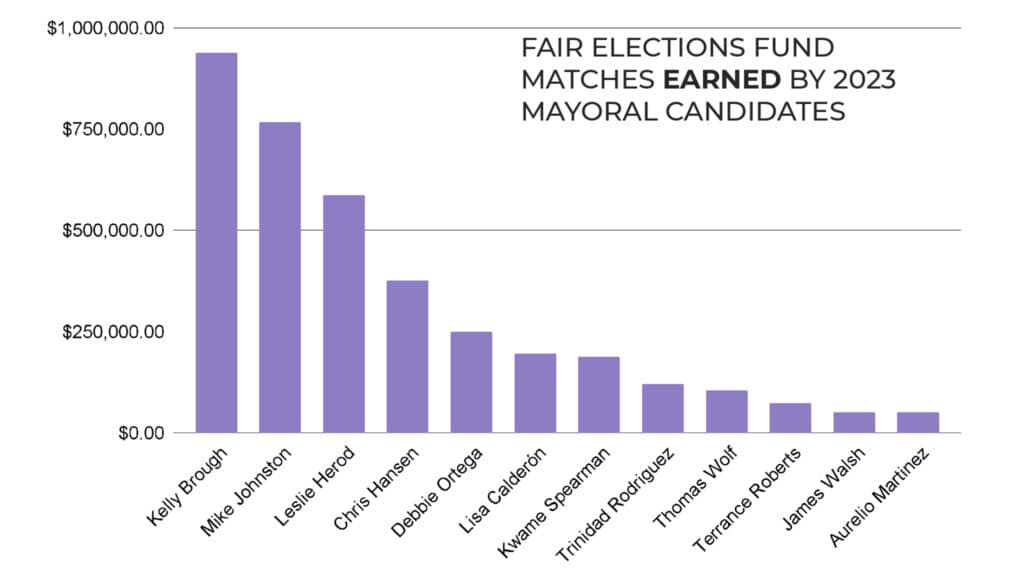
Both former candidates said the fund could use some streamlining, too, since fiscal and reporting requirements were difficult to navigate.
"You had to have two separate bank accounts," Ortega said, adding that it took a lot of work and guidance to make sure she used her FEF money correctly. "It just made the process far goofier than I've ever experienced."
There may be room for improvement, but López is characterizing 2023 as a success.
"The Fair Elections Fund has undeniably reshaped Denver's electoral landscape, achieving its goals and serving as a beacon for transparency, accountability, and continuous improvement in the realm of local democracy," the clerk wrote in his report.
He pointed to the average dollar amounts of donations in 2023 versus Denver's 2019 and 2015 mayoral elections, which dropped from about $300 per donation to $100.
"This marked a massive change in campaign funding in favor of giving voice to small dollar donors," the report says.
It also touts the number of individual donors in those elections, up from 25,000 participants in 2019 to over 50,000 in 2023, as a sign of "increased engagement."
(By the way: López, who ran unopposed, returned $.29 of the $62,000 he got from the fund.)
Still, 2023 turned out to be the most expensive election in city history. Between FEF dollars and independent expenditure committees, candidates spent almost twice as much in 2023 as they did in 2019.
While Calderón and Ortega said they still have some reservations about the system, they said that money was mostly well spent. Neither of them thought they'd have gotten so far without it – Calderón, it's worth mentioning, nearly made her way into the mayoral run-off.
"It was absolutely worth it, because we were able to pay our workers more than a living wage. We were able to reward that work, and in a highly competitive and very compressed timeline and intense race – we couldn't have been able to do that otherwise," she said. "I'd rather have that system than wealthy candidates backed by billionaires."

